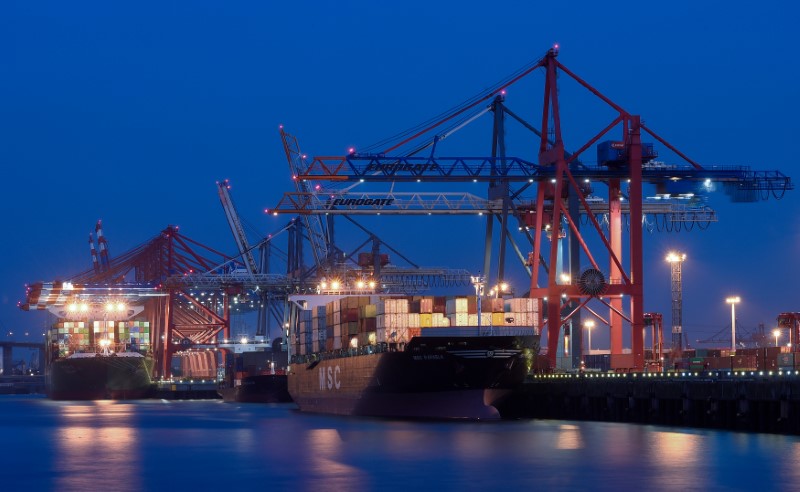By Marcin Goettig
WARSAW (Reuters) - The European Union might fill a void in global trade left by the United States if the world's biggest economy becomes more inward-looking with Donald Trump as president, EU Trade Commissioner Cecilia Malmstrom said on Friday.
Trump won the election campaigning on a protectionist policy stance that has raised concerns among some economists that global trade could suffer during his four-year term that begins in January.
"Now it is possible that the United States will be more inward-looking over the coming years. Less prone to negotiate trade agreements, but also to engage on the international scene," Malmstrom said.
"I think the EU has a possibility to fill the void," she told a congress of the Alliance of Liberals and Democrats for Europe (ALDE) party in Warsaw.
"We can show that walls, that protectionism are not what the world needs right now," Malmstrom said. "We can show that open borders and trade are compatible with sustainable development and high standards.”
Trump said during his election campaign he would dump the NAFTA trade agreement with Mexico and Canada.
EU and U.S. officials have for more than three years been negotiating the Transatlantic Trade and Investment Partnership (TTIP). Brussels and Washington have recognised it will not now be completed during President Barack Obama's term.
Trump has argued international trade deals hurt U.S. workers and the country's competitiveness, but it is not clear to what extent Trump the president will resemble Trump the campaigner.
"The signals that come are rather that he's not the most pro-trade administration, rather more protectionist," Malmstrom said, adding Trump's comments could mean the end of TTIP talks and probably a renegotiation of the NAFTA agreement.
"Once at that point, there would be a question if it does not make sense to do a trade agreement between the two biggest economies of the world? We are there," she said. "He wants to do good deals. Well, Europe does good deals. So we are ready."

But Malmstrom said it was realistic to expect that any such talks would not be on the agenda for the coming year at least.